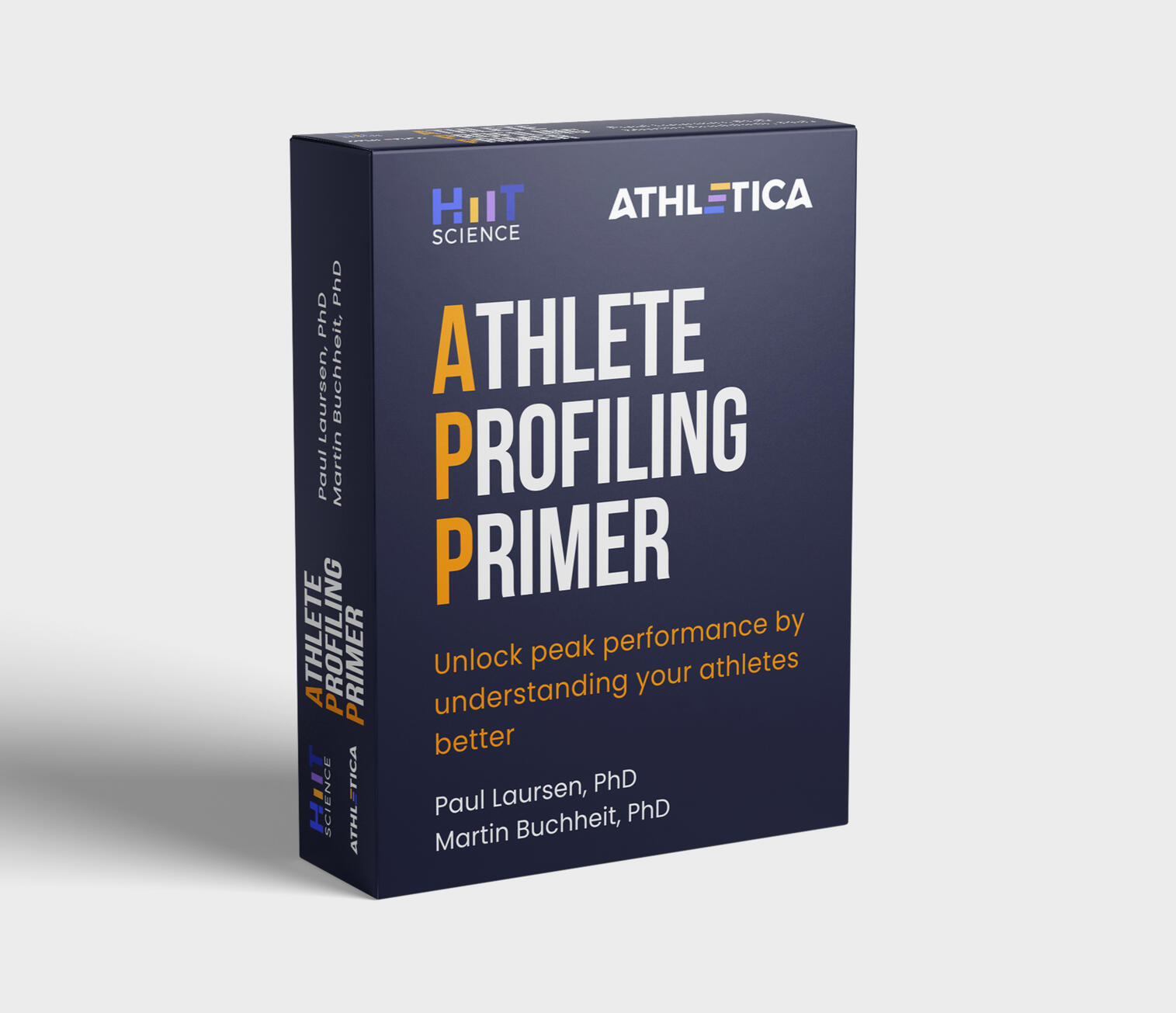Read our previous newsletters and subscribe to get future newsletters in your inbox.
Athletica: The Coaching Professor — Thoughts on Dehydration
In my experience, 9 out of 10 people would say that dehydration is the main cause of various issues. Especially a lack of performance. I used to believe the same thing. However, is that really the case?
While numerous studies have made a compelling argument for dehydration as a significant factor, I found that many of these studies were not adequately designed. Specifically, very few were conducted under outdoor simulated conditions where the wind would naturally cool the participants. Additionally, it is quite challenging to blind the subjects to their hydration status in most hydration studies since they are always aware of how much they drink.
Therefore, my team and I decided to investigate this matter further. We designed a study in which we deliberately dehydrated the participants to 3% of their body weight and then rehydrated them using an intravenous saline solution in a blinded manner. Prior to a 25 km time trial in hot conditions (with a 35 km/h wind), the participants were at 0% (fully rehydrated), 2%, or 3% dehydration levels.
So, what do you think happened?
The surprising result was... nothing!
It turns out that hydration levels did not affect performance. Or physiology for that matter. Regardless of their level of dehydration, the participants performed equally. To be honest, we were shocked by these results. We had expected that even a 3% level of dehydration would have an impact, but it didn't. Although rectal temperature showed a slight statistical increase, it was not a meaningful one.
Upon delving deeper into the data to understand why, we discovered that the body possesses remarkable mechanisms for fluid redistribution to meet its requirements. The guys at Fast Talk Labs did a really nice breakdown of the study on a recent podcast if you want to dive further into it.
Reflecting on a recent mountain biking adventure I had with Athletica ambassador Marjaana Rakai, we found ourselves with only one bottle of water each for a ride that ended up lasting four hours due to getting lost. We were both thirsty and had dry mouths. If water had been available, we certainly would have drunk more. However, we both managed just fine and performed well.
This anecdote conveys the practical message of this post: use your thirst as an indicator of your hydration status. If you feel thirsty, then drink. It is important to recognize that our bodies have built-in mechanisms to protect us, and there has never been a documented case of death caused by dehydration in sports. On the contrary, there have been several deaths resulting from over-drinking in long distance events.
The issue is called hyponatremia. I'll explain more next week and how you can avoid it.
Until then, happy training,
Paul
Paul Laursen, PhD
Athletica Newsletters
Read our previous newsletters and subscribe to get future newsletters in your inbox.
Hello Reader, We have a few updates from this past week that we're excited to share with you. These include: Beta availability of rowing plans Newly launched swim pace profile Power/pace profile session tagging Plus, other news. 1. Rowing Plans Now in Beta As part of our mission to extend HIIT Science principles to more sports, we’re thrilled to introduce our rowing plans for sprint, standard, and long-distance events. Developed by our Athletica and HIIT Science teams, these plans are...
Hello Reader, Today, I want to take a moment to reflect not just on our scientific principles and successes, but on the lessons learned through real-world experiences—both the triumphs and the missteps. A Journey of Learning and Unlearning Recently, I stumbled upon a Substack titled "AI: Show me your working. No working, no marks". It struck a chord with me because, at Athletica, our roots in science demand that we not only leverage data but also openly share our methodologies—our "working,"...
Hello Reader, We’ve been talking up Athletica’s latest innovation, the Workout Reserve, in our recent communications. It’s become a staple feature, one you’ve probably seen displayed on your go-to Garmin device during a training session. In this update, I have the privilege of sharing an exceptional application of the Workout Reserve, presented by its creator, Dr. Andrea Zignoli. His analysis, published here in our blog, underscores how this proprietary tool was pivotal in charting Enrico...

